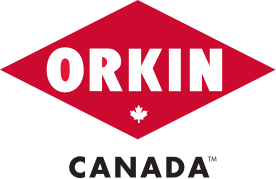When looking at the various disinfectants that are on the market currently, it is important to understand that not all disinfectants are made equal when trying to mitigate transmission of the SARS Coronavirus-2. If you’re in the United States, you’re going to be referring to the EPA list N, while in Canada, you would be looking at Health Canada’s list of approved disinfectants for emerging pathogens. Both of these websites will have lists of products that they deem would be effective against the SARS coronavirus-2 (SARS-CoV-2) again, this is the virus that causes COVID-19.
Note that you will not yet find very many product labels with Coronavirus-2 or SARS-CoV-2 listed on them; this specific virus is just too new. Most products have not yet gone through all of the testing requirements that Health Canada or the EPA would require to have SARS-CoV-2 approved to be printed on the label.
How is the Health Canada Disinfectant List Determined?
If you viewed the Health Canada list of approved disinfectants, you may be wondering why these products were chosen for use against the SARS-CoV-2 virus. These products were listed by Health Canada because they looked at what products currently on the market were effective against similar virus strains. The assumption made is that if used as directed by the label, the product would be effective against the SARS-CoV-2 virus as well.
Factors to consider when choosing a disinfectant
It’s important when choosing a disinfectant that you’re looking at the following factors:
What are the active ingredients?
How long does it have to stay in contact with the surface?
Each product will have a virus table to which you can refer to to find out the recommended contact time; this is the amount of time required for the disinfectant to remain in direct contact with the virus to kill at a rate of 99.999%.
Each product is going to be different and each product label will have a main claim on the typically the front of the label will say kills 99.9% of germs and bacteria or viruses. But it’s important that you look at the entire label and see the data table that will come with it.
Does it need to be rinsed from food contact surfaces?
This is an important consideration, especially when dealing with high traffic areas for your home or business. Anywhere that will have kitchen facilities, tables and other surfaces that people may place food on. If you’re going to be using a disinfectant for those surfaces, is it able to be applied and then not rinsed off? Or if it is applied, do you need to then go back and rinse the product off after it’s had its appropriate contact time?
Will it corrode any electronics or damage certain materials?
It is best to consult with the label, as well as the safety data sheets (SDS) to find out if the disinfectant has corrosive or damaging properties.
If you’re looking for a professional disinfection service for your business, Orkin Canada can assist with all of your disinfection needs. Contact us today!

You may also like
Canada's Top 25 Bed Bug Cities Of 2023
Bed bugs are extremely efficient hitch hikers. They can move easily across a room and climb onto luggage or anything left on a bed in just one night. Learn which cities have made Canada’s top 25 bed buggiest cities.
British Columbia's Top 20 'Rattiest' Cities 2023
As winter approaches, pest control leader Orkin Canada reminds homeowners and business owners to take precautions to help keep rodents out. Cities are ranked by the number of rodent (rat & mice) treatments the company performed from August 1, 2021 through July 31, 2022.
Ontario's Top 25 "Rattiest" Cities 2023
Pest control leader Orkin Canada reminds home owners and business owners to take precautions to help keep rodents out. Cities are ranked by the number of rodent (rat & mice) treatments the company performed from August 1, 2022 through July 31, 2023. This ranking includes both residential and commercial treatments.
Eastern Canada's Top 15 'Rattiest' Cities 2023
As winter approaches, pest control leader Orkin Canada reminds homeowners and business owners to take precautions to help keep rodents out. Cities are ranked by the number of rodent (rat & mice) treatments the company performed from August 1, 2021 through July 31, 2022.
Remove pests from your home, and stop them from coming back
We work hard to listen, understand and assess your unique situation. Request a free, no-obligation estimate today for a customized pest program that fits your needs.
Request a Free Home EstimateRequest a Free Business Consultation

